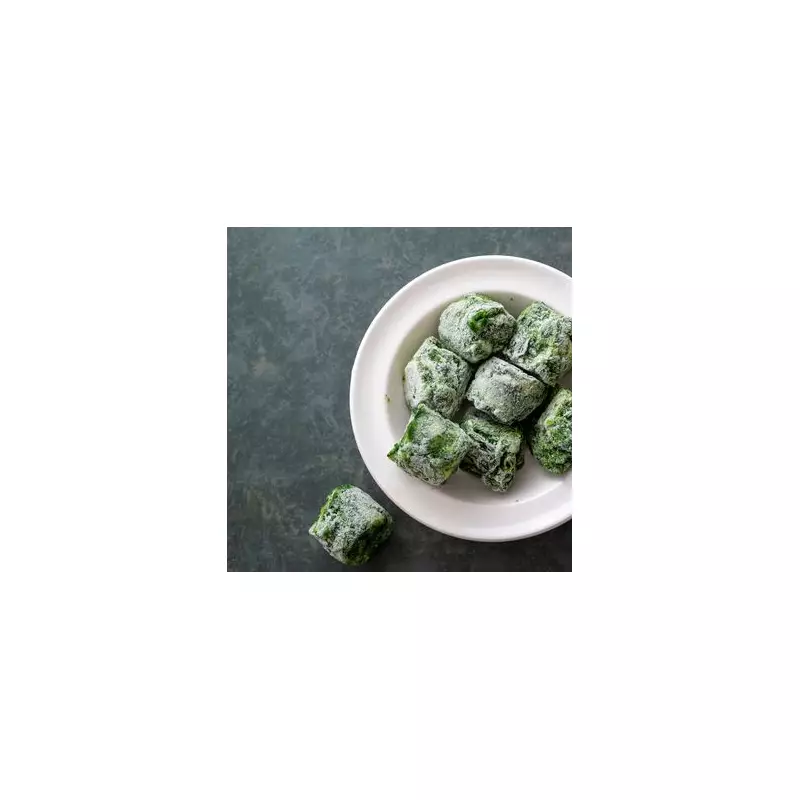
British households are being urged to immediately reconsider how they prepare and store rice following a serious food safety alert from experts. The seemingly harmless grain harbours a potentially dangerous secret that could put millions at risk of severe food poisoning.
The Hidden Danger in Your Kitchen Cupboard
Food safety specialists have identified a critical flaw in how many Britons handle rice, warning that improper preparation and storage can lead to the growth of Bacillus cereus – a harmful bacteria that causes food poisoning with symptoms ranging from vomiting to diarrhoea.
"Many people are completely unaware that uncooked rice often contains spores of Bacillus cereus," explains a leading food microbiologist. "When cooked rice is left standing at room temperature, these spores can germinate and multiply, producing toxins that reheating cannot destroy."
Why Your Leftover Rice Could Be Risky
The danger emerges not during the cooking process itself, but in how rice is handled afterwards. Leaving cooked rice to cool slowly at room temperature creates the perfect breeding ground for bacteria to multiply rapidly.
Common symptoms of Bacillus cereus poisoning include:
- Nausea and vomiting within 1-5 hours of consumption
- Diarrhoea and abdominal cramps within 8-16 hours
- General malaise and weakness
Expert-Recommended Safety Protocol
Food safety authorities recommend these crucial steps to protect your household:
- Serve rice immediately after cooking while it's still hot
- Cool rapidly if storing – spread rice on a clean tray to accelerate cooling
- Refrigerate within one hour of cooking – never leave at room temperature
- Keep stored rice for maximum 24 hours before discarding
- Reheat thoroughly until steaming hot throughout
- Never reheat rice more than once
Vulnerable Groups at Greater Risk
While anyone can be affected by rice-related food poisoning, certain groups face heightened dangers. The elderly, pregnant women, young children, and those with compromised immune systems may experience more severe symptoms and complications.
"The misconception that rice is a low-risk food needs to be addressed," states a NHS nutrition specialist. "Proper handling is absolutely essential to prevent serious illness, particularly in vulnerable households."
This warning comes as food safety organisations ramp up efforts to educate the public about proper kitchen hygiene practices, aiming to reduce the estimated 2.4 million cases of food poisoning occurring in the UK annually.





